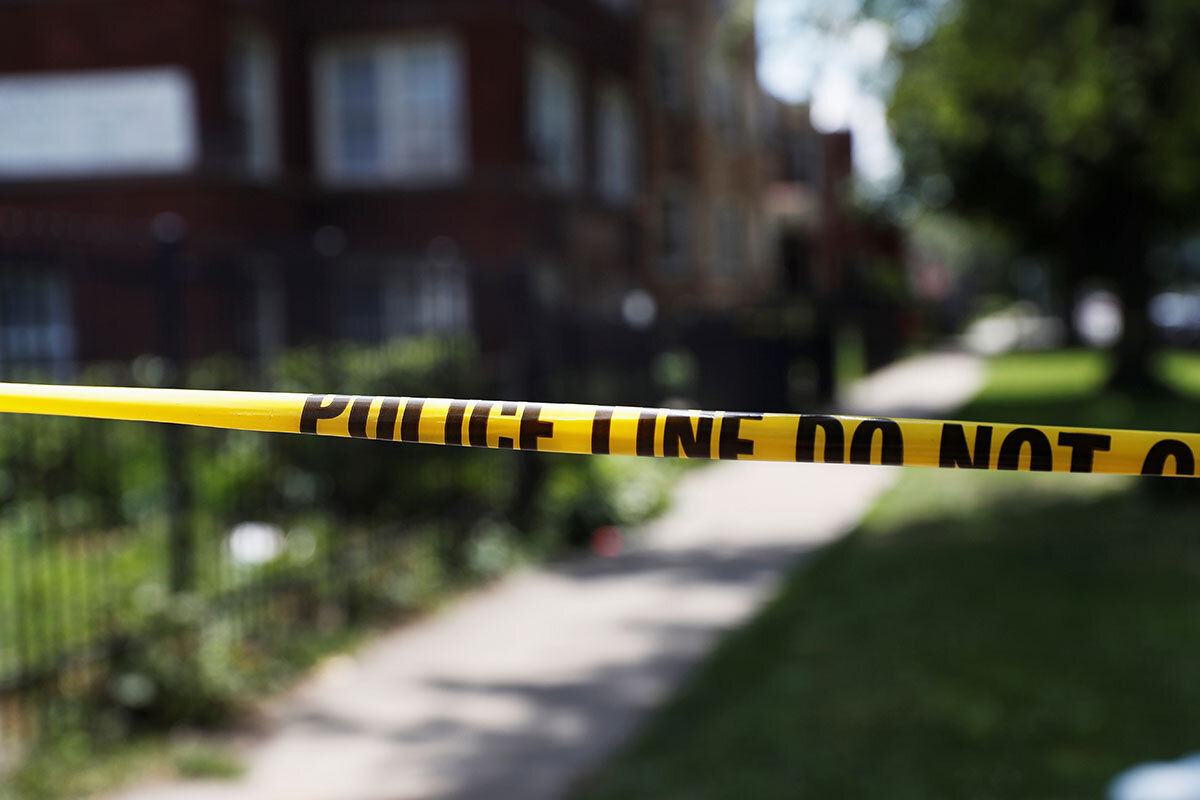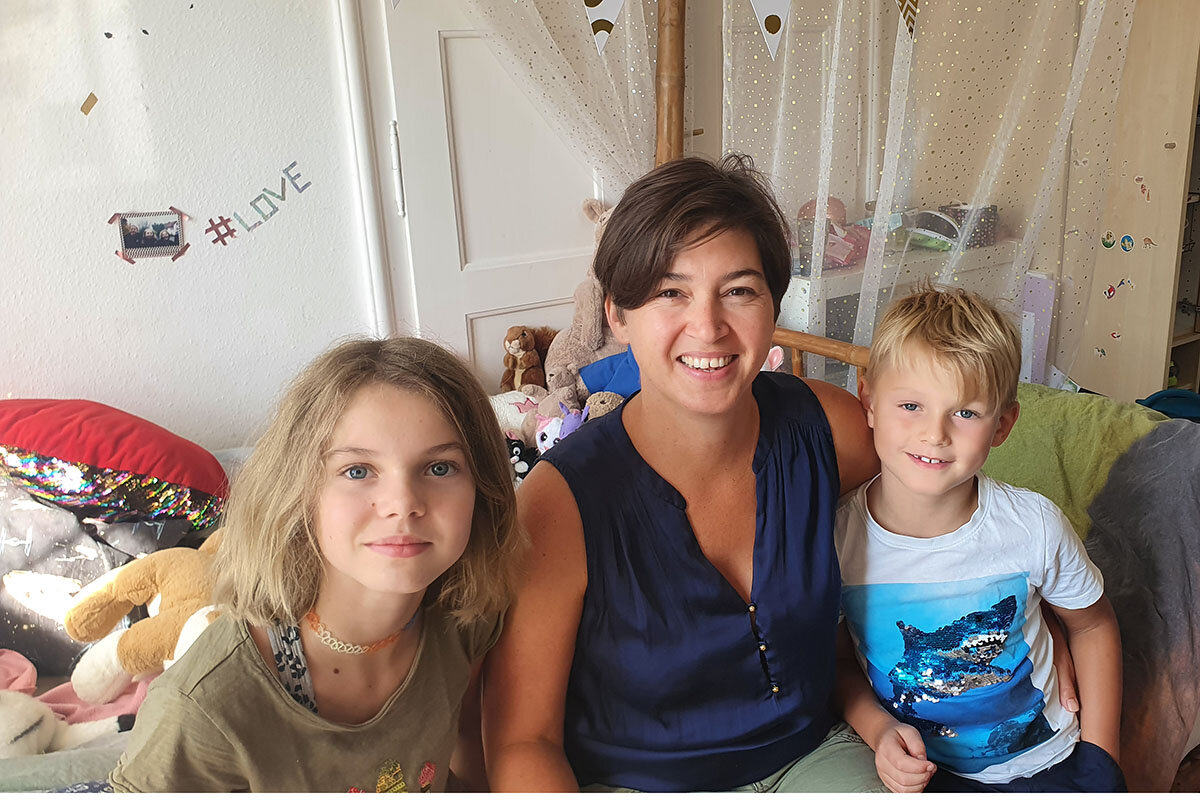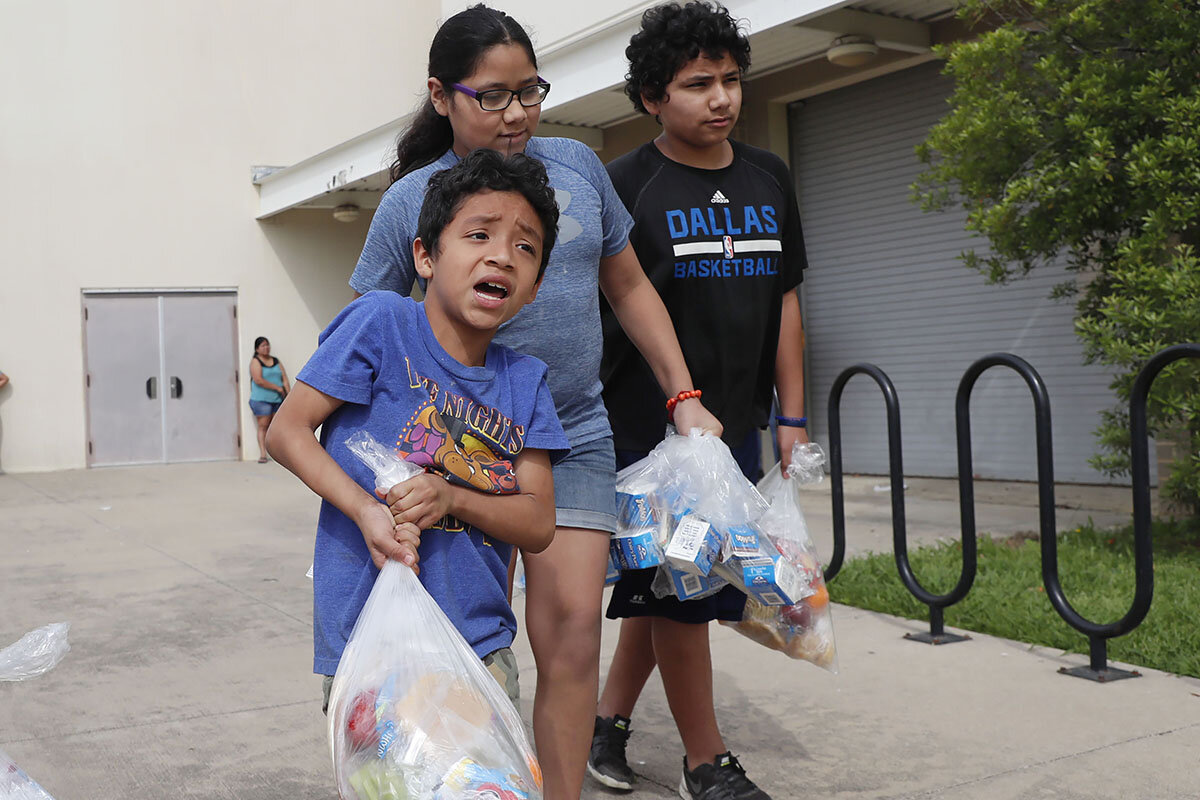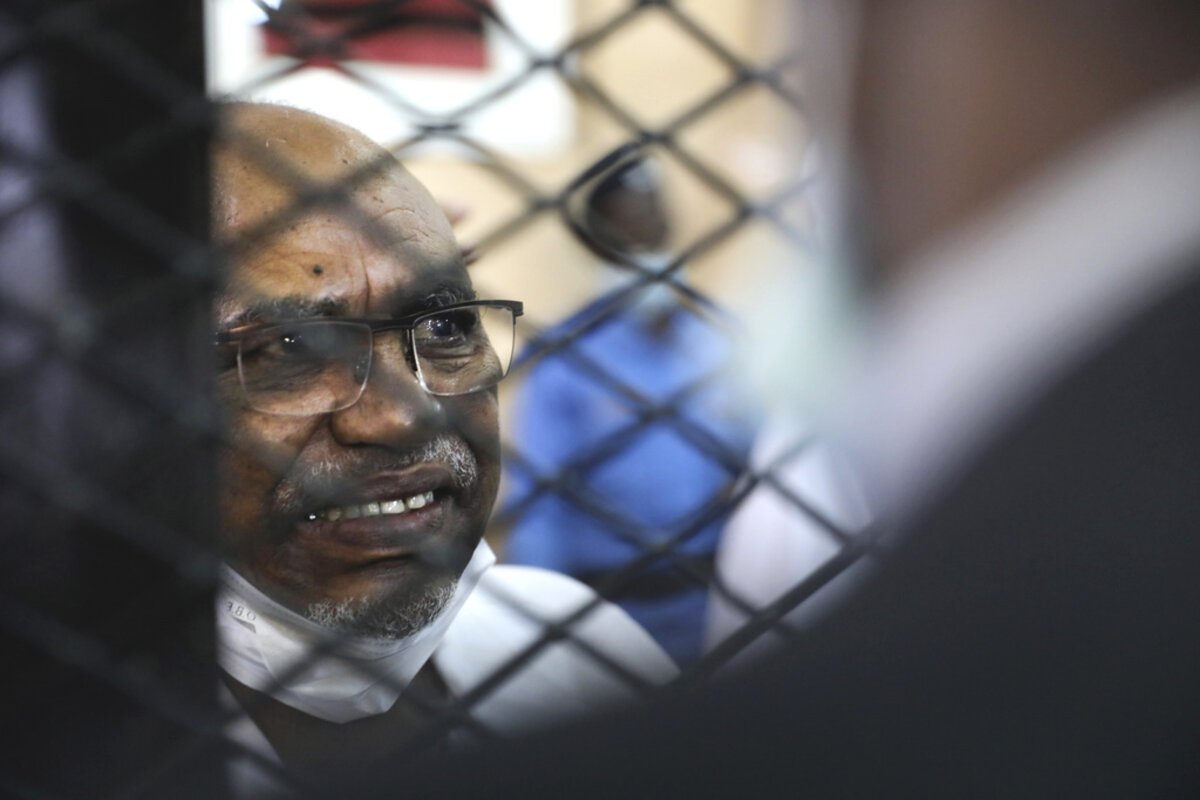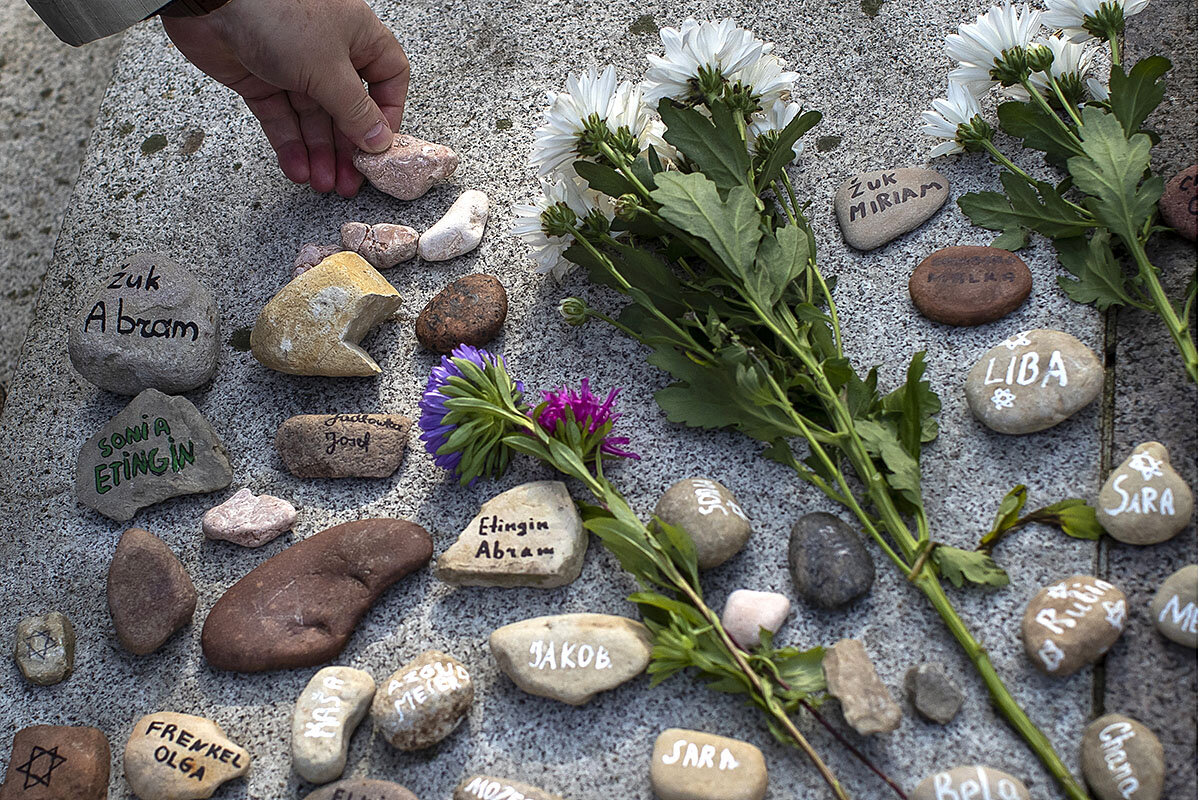Fifteen years ago this month, 113 member states of the United Nations voted to commit themselves to a new ideal. They each signed on to a responsibility to protect their own citizens from genocide, war crimes, and gross human rights abuses. If they failed, other states had a responsibility to step in.
The principle, called a “responsibility to protect” and shorthanded as R2P, grew out of global anguish over a failure to stop the genocides or “ethnic cleansing” massacres in Rwanda, Bosnia, and Sudan.
Early on after the U.N. voted for R2P in 2005, the ideal had a galvanizing effect. “Regions once blighted by atrocity crimes moved towards sustainable peace,” says Alexander Bellamy, director of the Asia-Pacific Centre for the Responsibility to Protect.
The new norm led to practices by governments and civil society groups aimed at protecting the most vulnerable people. “It became more difficult – though certainly not impossible – for perpetrators to get away with deliberate attacks on civilian populations and more likely that the world would respond,” according to Mr. Bellamy.
Then a series of events tested the world’s resolve for humanitarian intervention. The Syrian government and Islamic State militants used chemical weapons against civilians during Syria’s war. Myanmar slaughtered or displaced hundreds of thousands of its Rohingya citizens. China imprisoned at least a million Uyghurs in concentration camps. The international community failed to prevent these “atrocity crimes” or effectively care for the victims.
Despite the setbacks, two cases now provide an opportunity to renew the promise of R2P. On Sept. 23, the U.N. Human Rights Council took up an exhaustive investigative report that accuses the Venezuelan regime of Nicolás Maduro of gross violations of human rights, including extrajudicial executions and the jailing and torture of its political rivals. Sudan, meanwhile, has convicted its former dictator, Omar al-Bashir, of corruption and put him on trial over a 1989 coup. Now it is considering how to hold him along with other top officials accountable for genocide in Darfur.
The Venezuela case is being reviewed by the International Criminal Court, a legal body set up in 2002 by the U.N. It is unclear what actions that tribunal can take. Mr. Maduro is still in power and unlikely to allow himself to be put on trial.
But the two cases reflect important shifts among Africans and Latin Americans in democratic expectations and diplomatic norms. Since 2018, for example, Sudanese protesters have linked freedom and democracy to justice for past atrocities against the country’s minorities. The current transitional government seems to be paying attention.
The U.N. investigation of Mr. Maduro followed a request for such a probe two years ago by Argentina, Colombia, Chile, Peru, and Paraguay. That represented a significant break from a long-standing regional bias toward noninterference among Latin American countries.
Despite uneven progress on R2P, the world at least has crossed a threshold. Nations now are on notice that their “sovereignty entails obligations as well as rights, and that when these obligations go unmet, governments forfeit some of their sovereign rights,” notes Richard Haass, president of the Council on Foreign Relations. “Such a principle is needed in a world where much of what occurs inside countries affects the interests of others beyond their borders, often in fundamental ways.”
Sudan’s case against its former dictator and the U.N.’s case against Venezuela represent humanity’s closer embrace of a universal ideal: compassion for innocent lives. An old unwritten rule no longer holds among state leaders that they can avoid scrutiny for violence against their people. Even these recent small breakthroughs show the power of a good idea against the guns of dictators.
 David Clark Scott
David Clark Scott





